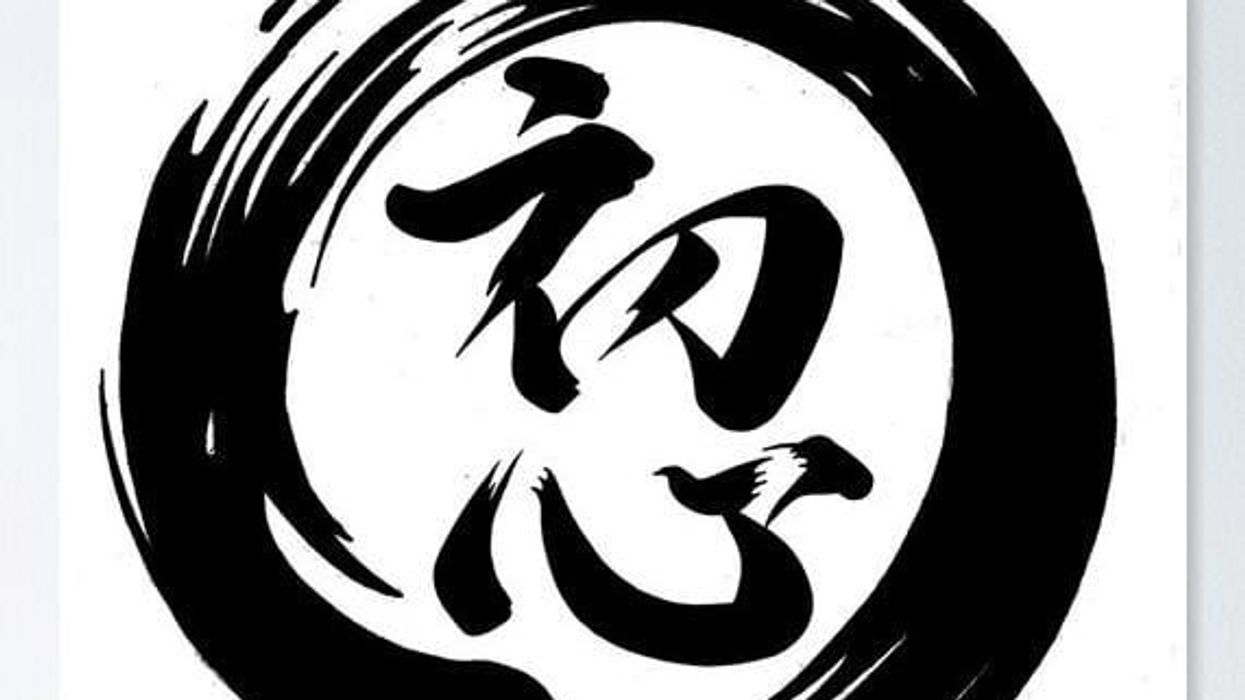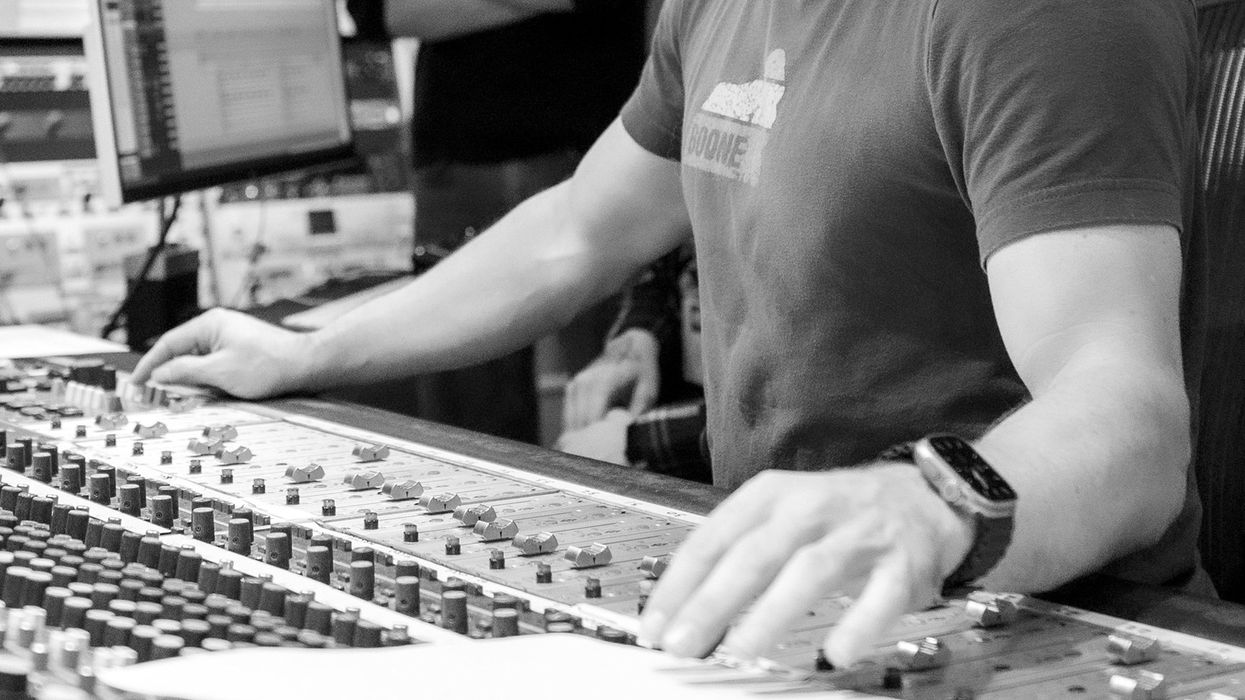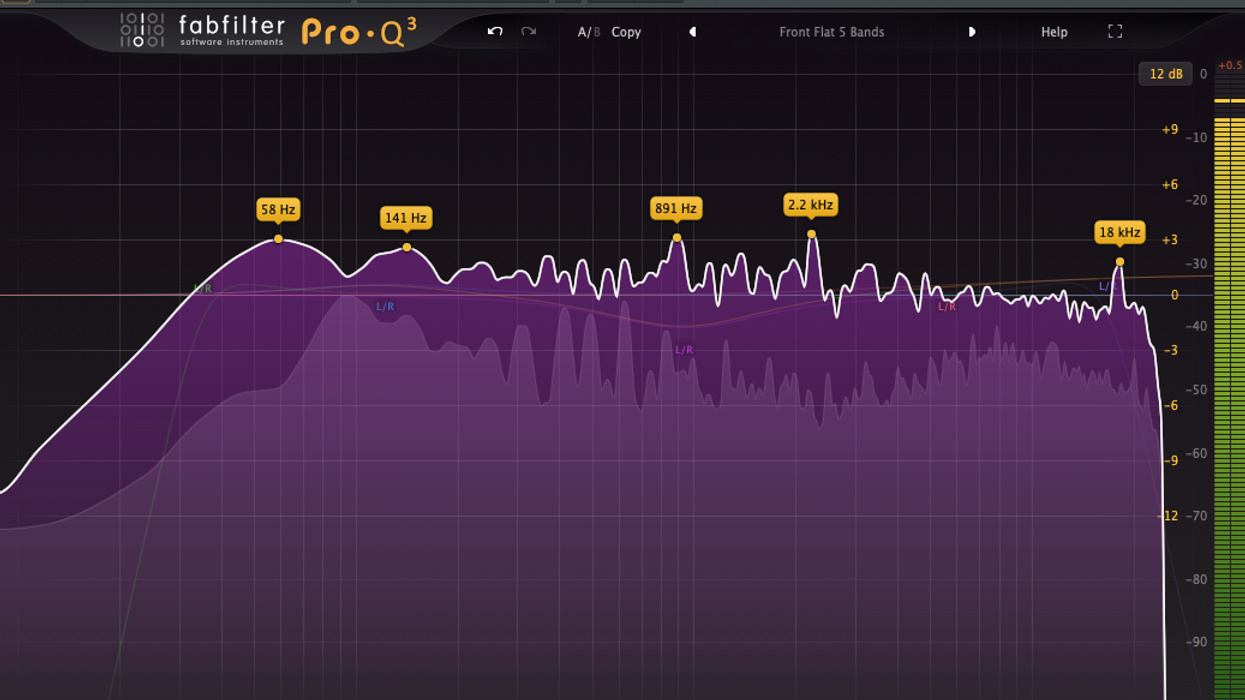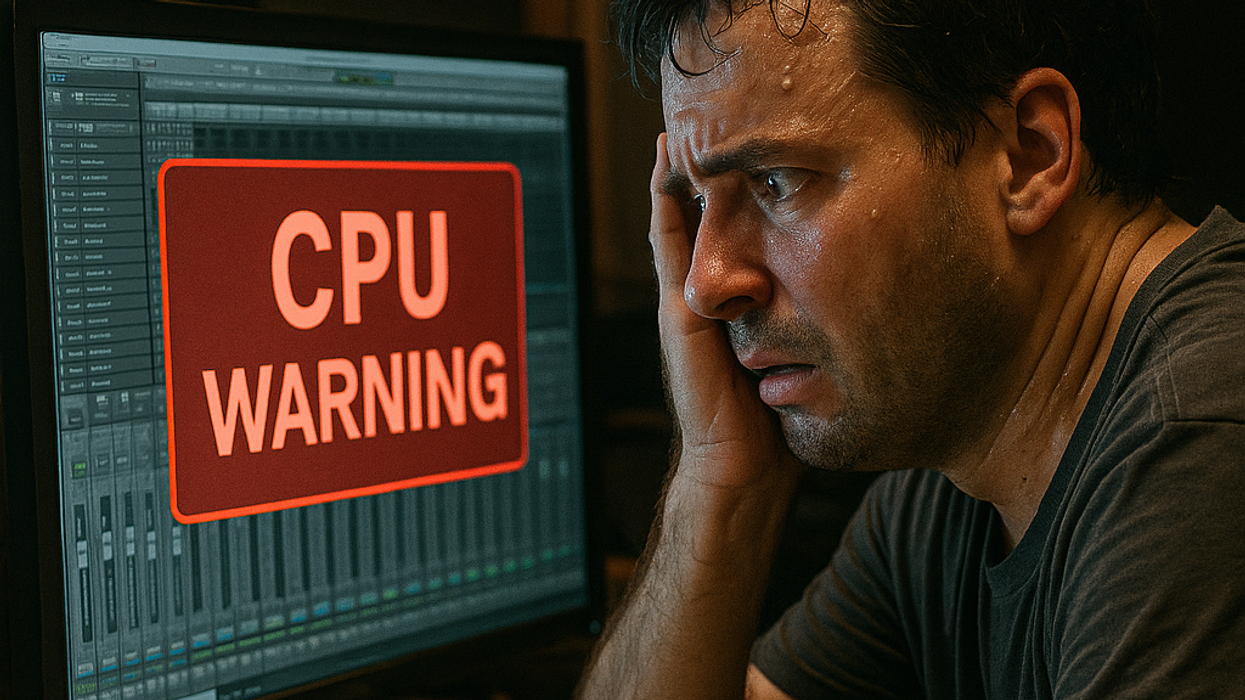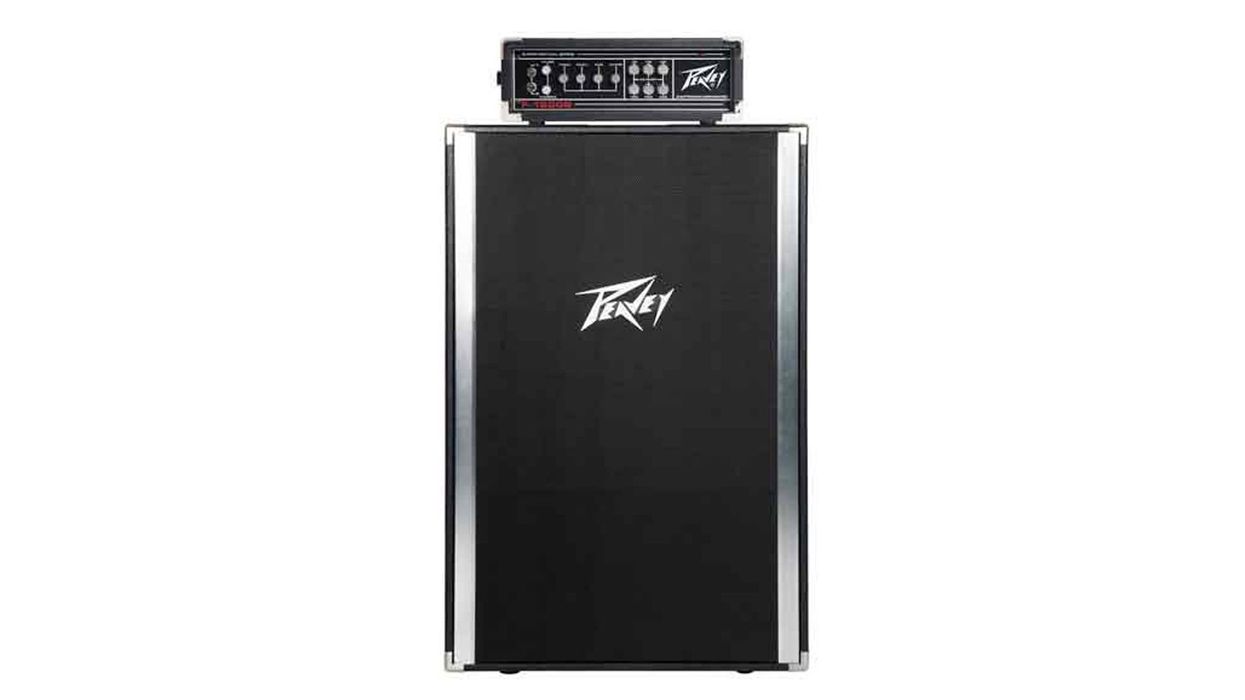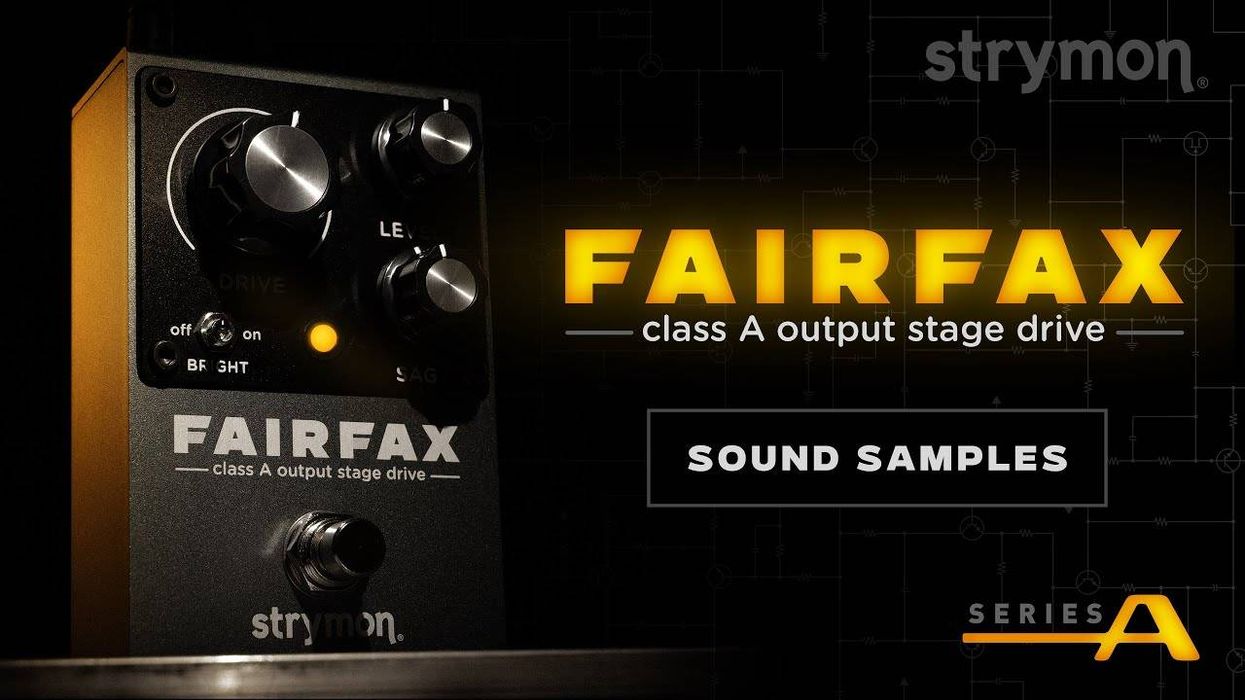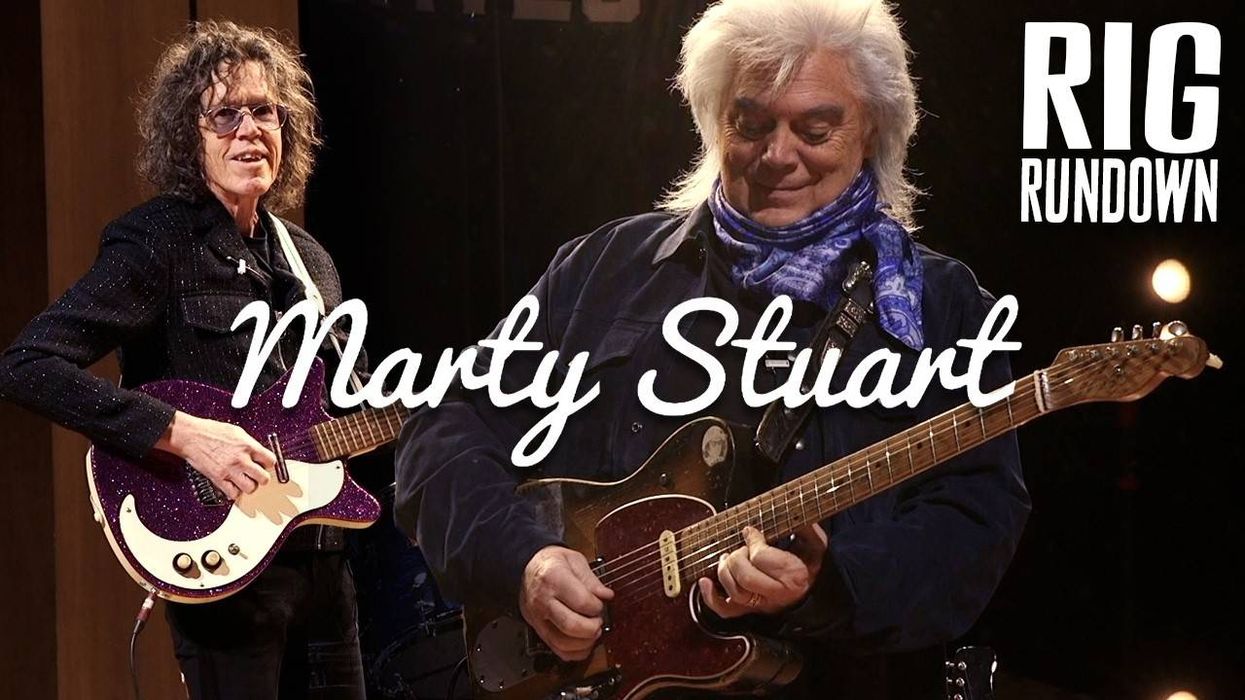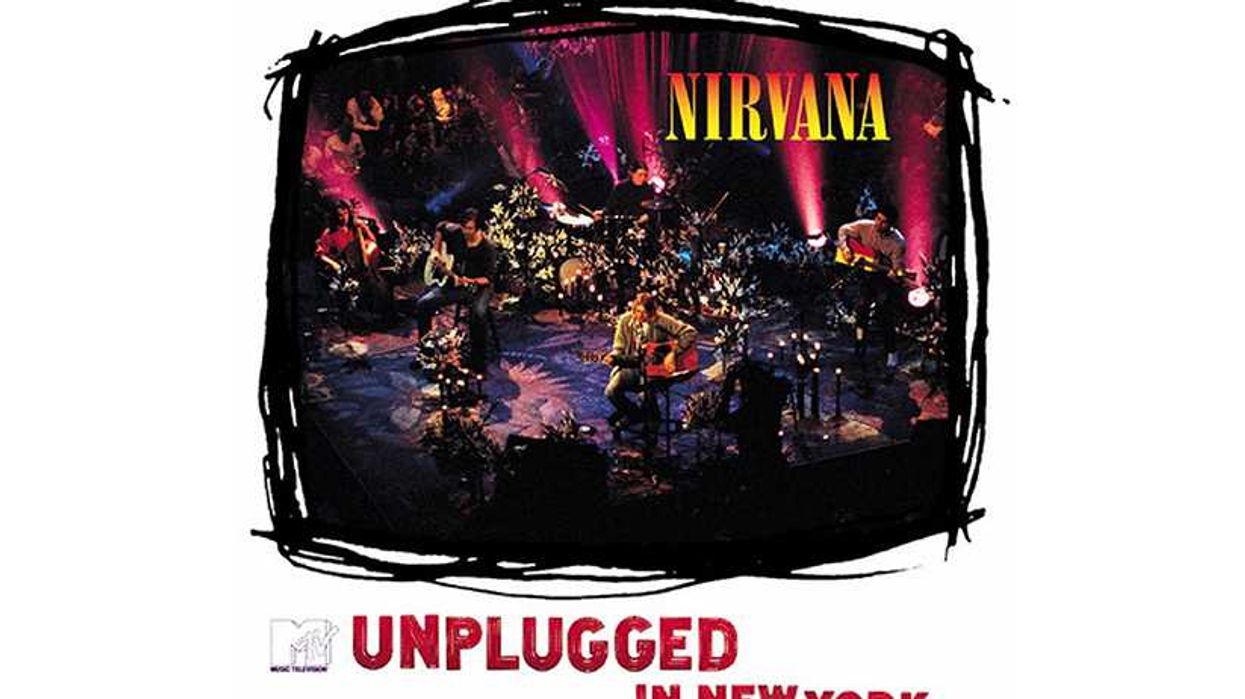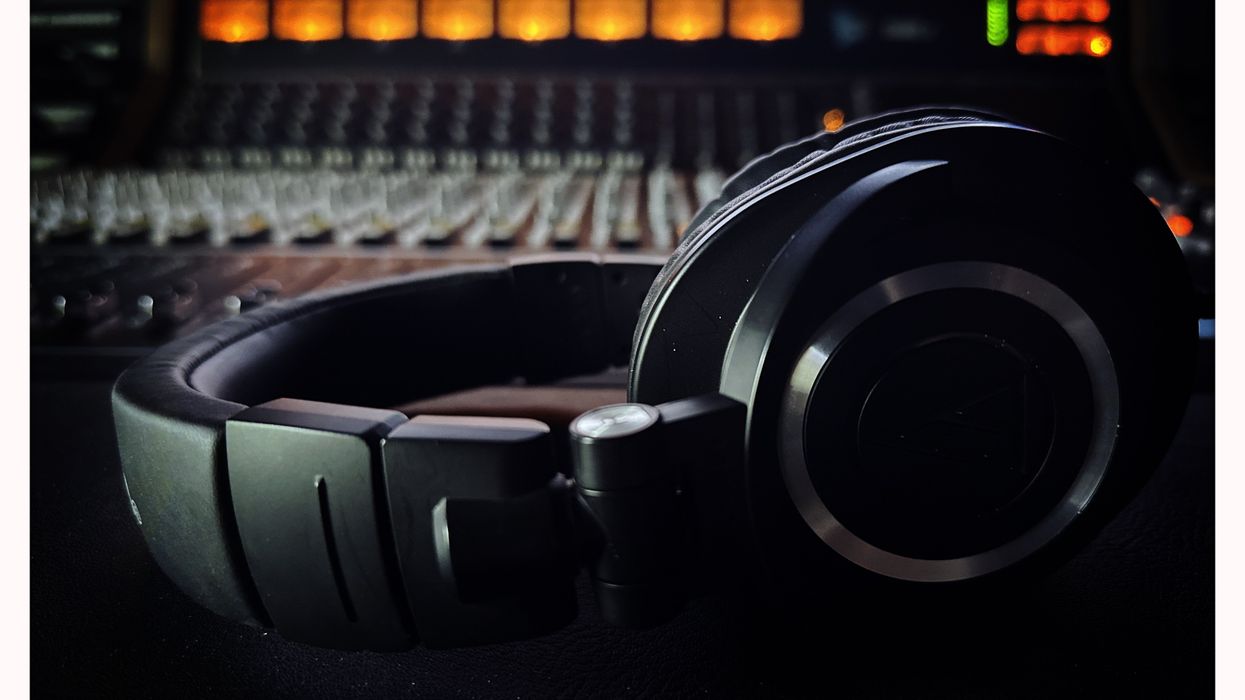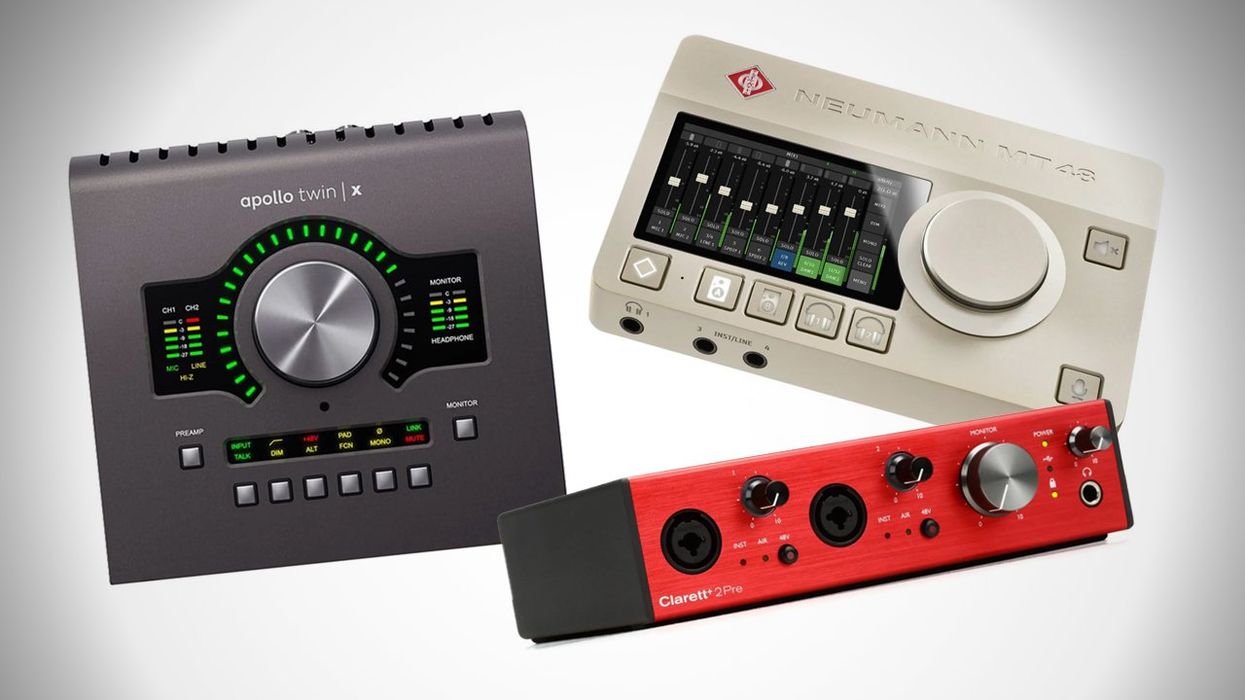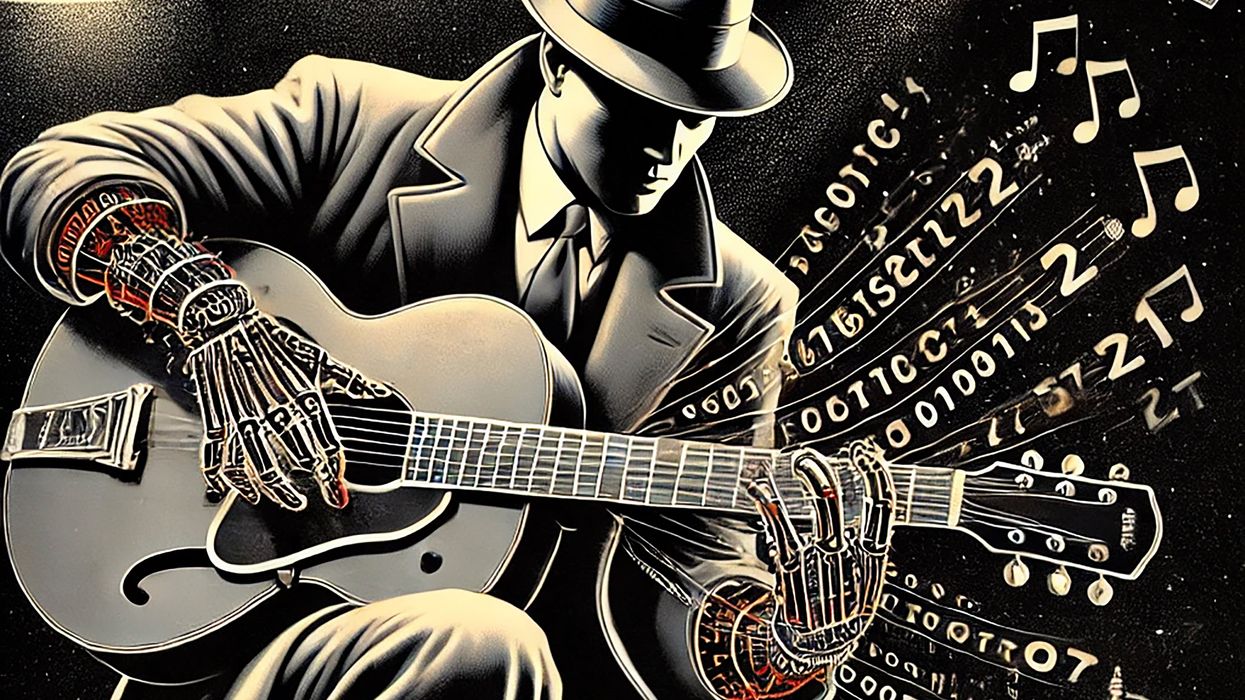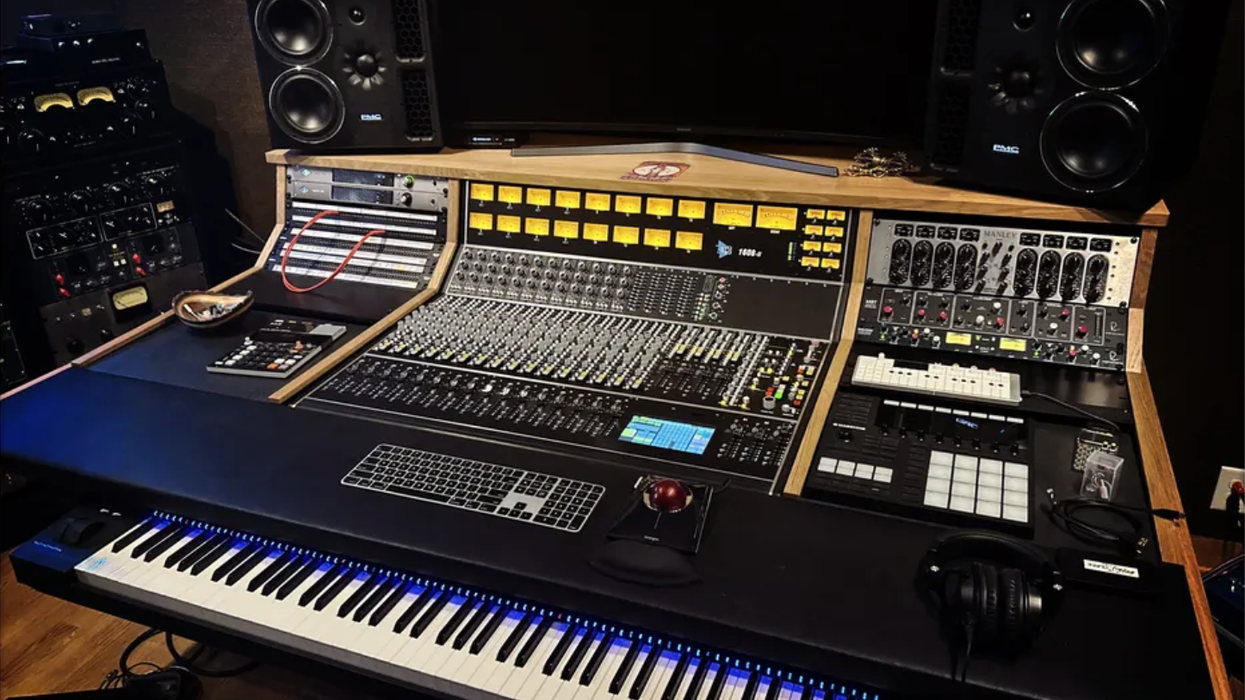The great Zen master Shunryū Suzuki once said, “In the beginner’s mind, there are many possibilities, but in the expert’s, there are few.” Reflect for a moment on how we spend the majority of our lives constantly accumulating, winnowing, and refining, with the majority of our efforts geared towards attaining greater and greater efficiency through massive repetition, which in turn deeply ingrains habits. This is considered to be the path towards mastery. But it is also the path towards fewer and fewer choices, an unconscious reliance on those ingrained habits (the good and the bad), and diminishing creativity.
Over the last several years, I’ve written about a wide variety of topics related to audio, gear, and vintage and modern recording techniques. This time I’d like to shift focus and talk about the real drive for everything—creativity—as well as share some thoughts on words like “mastery” and “expertise.” Tighten up your belts, the Dojo is now open.
Having music-making gear and the knowledge of how to use it is always valuable and continually needed, but it will all lie dormant unless you have that creative “spark” and are feeling inspired to make art. How do we stay creative? And moreover, how can we make progress on our journey towards becoming an expert, and possibly a master?
“Expert” and “master”: Let me parse out the meaning of those two words. In my humble estimation, their concepts are galaxies apart. One is attainable; the other, not. Both are something you should never call yourself. If others use those terms when describing you, you should be curious as to whom they are talking about!
For me, the word “expert” describes someone who has attained a tremendous amount of experience (and hopefully wisdom) in a particular field of activity. The word “master” is problematic for me. Mostly because it carries with it significant cultural baggage and an implied perspective that no further effort is necessary—everything possible has been grasped, judged, and assimilated—end of story.
“In my humble estimation, their concepts are galaxies apart. One is attainable; the other, not.”
If there is one thing I’ve learned so far in my musical journey, it’s that I’m a perpetual student and I must always be aware of and be willing to break those deeply ingrained habits I’ve developed along the way towards becoming an “expert.” There is a term in Zen Buddhism called “shoshin” (meaning “beginner’s mind”), and it is something that I always strive to maintain (even though I catch myself slipping back into old habits all the time). The beginner’s mind is open to any possibility, free of habits and self-judgment, flexible, activated, and simultaneously innocent and wise. Here are some creative strategies that can shake things up and help you stay in touch with your beginner’s mind.
Embrace curiosity. Remember the feeling of wonderment and awe when you first started playing and didn’t know your scales, modes, and chords? Recall how you were always curious and trying new things because there were no rules to follow? Play like a total beginner.
Think divergently. Allow yourself the freedom to brainstorm as many ideas as possible without judgment or other forms of editorializing. Give yourself permission to really imagine.
Forget about results. Let yourself go and enjoy the process. Remember that the point of a journey is not the arrival!
Embrace failure. Give yourself the permission to fail. Breakthroughs come from taking risks and stepping outside your comfort zone. If you’re not failing, you’re not trying new things.
It’s not a competition. Stop comparing yourself to others and create from a pure place of joy and expression rather than trying to compete with your heroes.
Relieve pressure. This is a big one that I unconsciously fall into. Treat each work as a snapshot of your musical journey and evolution rather than assuming it’s your magnum opus that will define you for all eternity. Think of your baby pictures and yearbook photos, and then look at yourself now.
Record the process. Be sure to record everything as you try these techniques. I’ll be willing to bet that you’ll inevitably play something in the heat of the moment that will surprise and delight you. Knowing that those moments are already being recorded takes any pressure off of you to remember exactly what you did. Besides, those moments become invaluable as they can lead you to greater exploration and discovery afterwards.
These are just some ideas for you to experiment with and build upon to help supercharge your creativity and keep the red light glowing!
Until next time, namaste.


